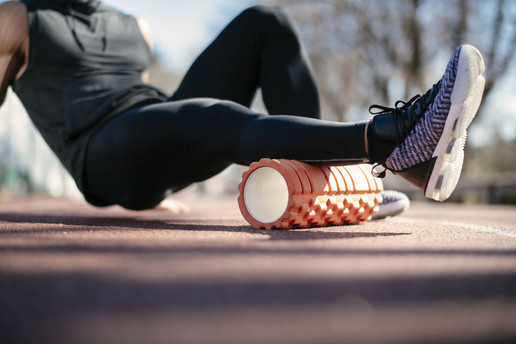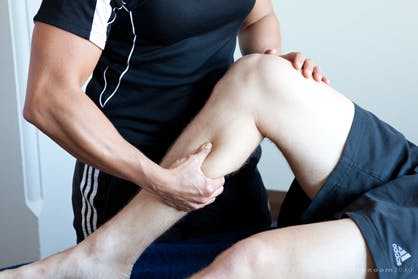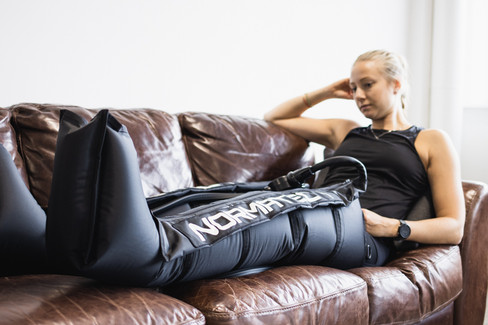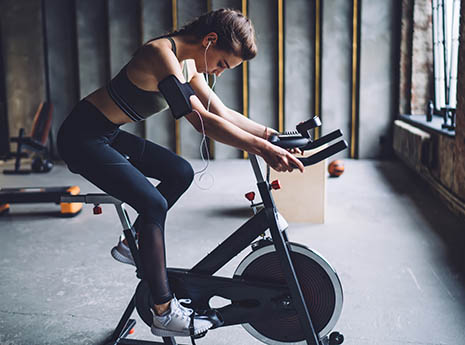How should we best recover from training?
- James Telford

- Dec 8, 2022
- 3 min read
Sleep.
Your body recovers when you sleep. If you don’t get enough quality sleep you just can’t expect it to pull up as well.
Whilst training to break the sub 2 hour marathon, Eliud Kipchoge slept for 8 hours a night, and took a 2 hour nap during the day.
Studies have demonstrated that consistent under-sleeping can increase your risk of injury and overtraining syndrome. This is because consistently training on fatigued legs means your body just doesn’t get a chance to recover fully between training sessions.

Nutrition.
You have to correctly fuel the body. This means first and foremost getting the correct amount of calories in. This is a loaded statement however. If your goal is to lose weight then you need to be under calories. But you can’t expect to recover as well and have to manage training loads accordingly. I suggest that you work with a dietitian that knows how to run in this case.
Outside of that, under-fuelling can leave you at risk of everything from muscle breakdown to bone stress injuries, or more commonly know Relative Energy Deficiency in Sport (RED-S)
What you eat is important. Eat as well as you can. This is different for everyone for a number of factors. Fill gaps in your nutrition / nutritional demands with good quality supplements.
Manage training loads.
You can’t recover when you are absolutely smashing yourself.
Listen to your body. If you are getting more and more sore day by day you may need to back it off. Do your easy runs easy! A rest day is for rest, not a spin class or hard gym session
Self management.
There is so much you can do to help your body recover during the week.
· Foam roll
· Trigger/spikey ball
· Stretch/yoga
· Pilates
· Active recovery -eg spin bike or hydro session (this is not a workout)
· Get a regular massage
· Ice baths
· Recovery pump/normatec pants
· Controlled strength and conditioning (prehab)
What about niggles that even with recovery don't seem to feel better?
Here are some key questions to ask yourself.
Do you have sharp pain that comes on in an instant?
If you have to stop a run it needs to be looked at or at least spoken about.
Is it changing the way you run?
Is the same ache or pain coming back regularly?
Have you been pulling up progressively worse after easy sessions?
Has discomfort while running reduced your enjoyment of running?
First thing you can do is talk to your coach. Then at least two heads are better than one.
Secondly, If you can’t find a solution to your pain, talk to your Allied Health Practitioner.
Listen to podcast episode: https://podcasts.apple.com/au/podcast/ep-120-what-is-the-best-way-to-recover-with-james/id1506419354?i=1000589210784
James Telford - B. Physiotherapy (La Trobe) is a Director/ Senior Physiotherapist at Physiolife
James graduated from La Trobe University with a Bachelor of Physiotherapy in 2011. James
professional interests include treatment of sporting injuries and other musculoskeletal conditions, migraines, TMJ dysfunction and general aches and pains. Utilizing a wide range of biomechanical assessment techniques to diagnose musculoskeletal disorders / diseases hands on manual therapy, exercise programs and massage as well as some alternative therapies including taping and dry needling to assist patients recover and achieve their goals.
James is also a sub 3hr marathoner, most recently running 2:56 at the Melbourne Marathon, he is passionate runner who loves treating and talking runners.
Follow him on strava here
He available on email via james@physiolife.physio








































Comments